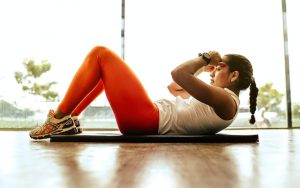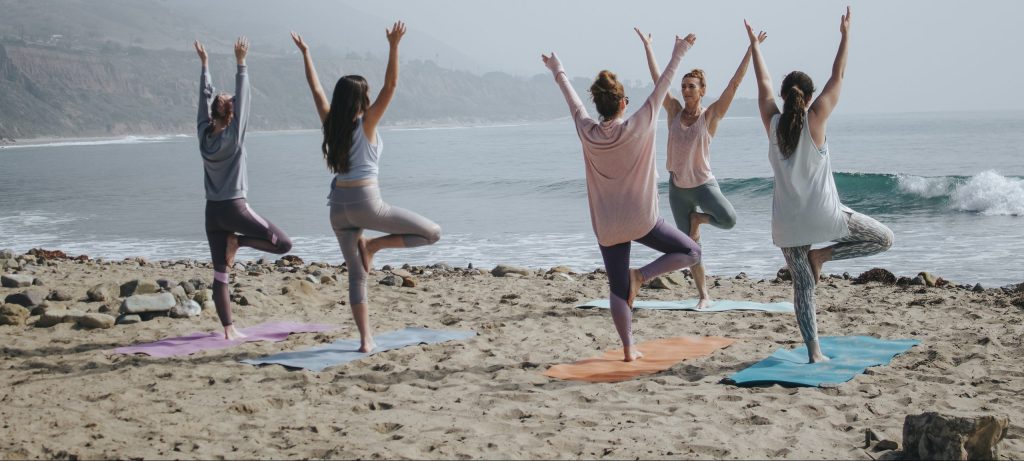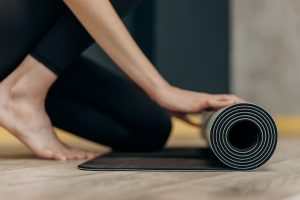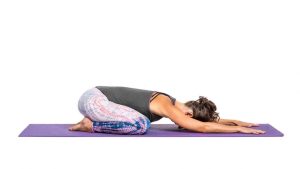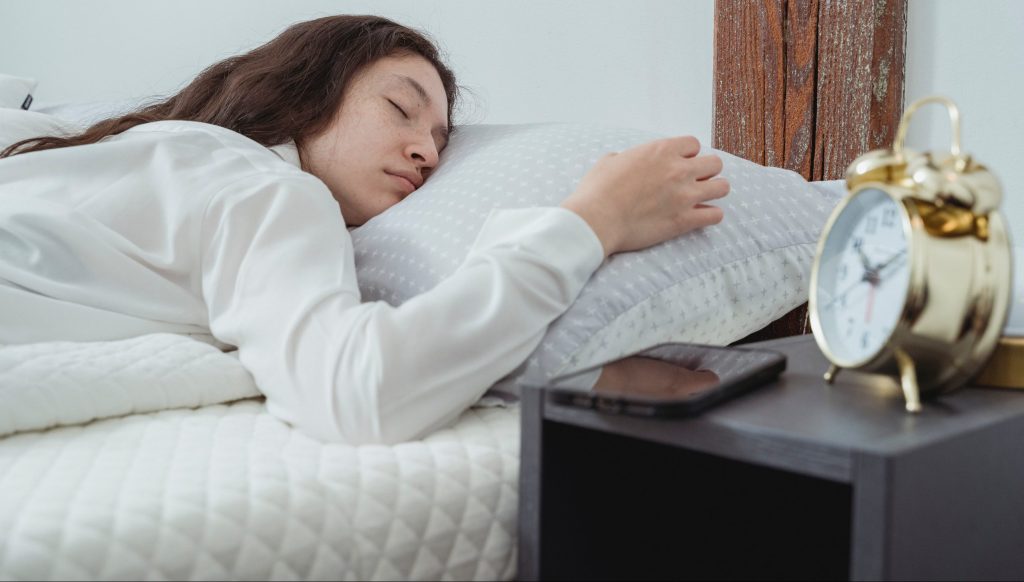Stop Starting Over – Your Fitness Journey isn’t Linear
Starting your fitness journey can be difficult. The new road you’re walking on can be rocky and filled with obstacles. Lack of motivation, as well as lack of reasons to continue the fitness journey might be stopping you and giving you doubts about where you’re at: whether you think what you’re doing isn’t enough, or it is becoming too much for you to keep up with.
The idea people have about fitness, how it works, and how it influences their lives is mostly false. Fitness isn’t linear, your journey doesn’t start and stop at some ending point. Achieving some goal, such as weight loss or muscle gain doesn’t put an end to the journey you invested your time, money and effort in. After you spend some months, or a year, exercising and doing your best with this new lifestyle you try to keep up with, you might face some situations that you might think are “obstacles” and are holding you back. Those obstacles might be everyday things, such as celebrations, holidays, hanging out with your friends, and even your own birthday. You find yourself craving some more food than usual, and you might want a sip of alcohol. Meanwhile, you observe everyone not restricting themselves as you are, and it’s making you anxious. This is where you should put a stop to your toxic thought process, relax and enjoy yourself, eat delicious food, have a drink and spend time with your loved ones.
How you think, and what you need to understand
Moreover, you don’t think positively, you think you’ve made a horrible mistake, and all you worked for the whole week is for nothing, right? Your day is ruined, you get depressed thinking that you overstepped, ate too much and ruined your calorie deficit, you definitely didn’t get the right amount of protein for that day etc. Then you make a decision, you say “maybe I’m not ready to dedicate myself to this lifestyle, I lack discipline, I will never be good enough, so I will stop and continue when I’m ready”. The next day, you eat less and you train harder, to burn the extra calories you consumed. Perhaps, you even starve yourself and do a juice cleanse, to detoxify your body from eating a piece of cake and drinking a cocktail. Does this sound like you? It does sound ridiculous when you observe thoughts like this, so alter them, change this way of thinking. This thought process will get you stuck in a loop, a never-ending cycle of starting your fitness journey, and putting a stop to it. Meanwhile, you will let your health suffer again, you’ll slowly lose the reasons that kept you on the right path to a better you, and you won’t start again until you look in the mirror and notice something that bothers you.
How to break the cycle

As a beginner and a person that just started diving into the world of fitness, you have to understand that fitness isn’t linear. You don’t have to invest 100% of your time, money, will and strength for your fitness plan to work out. It’s important to reevaluate, think about your strengths and weaknesses and accept them, put your basic needs and your mental health first. It’s okay to eat more when you feel like it: start practicing intuitive eating to feel your best, and eat nutritious meals to keep you full for longer.
When you feel like you’ve overstepped, or made a mistake, alter your thought process and practice positive thinking, think about why you reacted that way and if it really does bother you, think about ways to avoid it next time. While having a plan with a solid and attainable goal in mind is great, you should always prepare for unexpected celebratory meals, outing with your friends and dinner parties. These normal social activities should not give you anxiety and fear of the food you’re going to consume. If they do, consider consulting your doctor and getting an opinion on whether you need professional help.
Conclusion
Fitness is a complex concept that involves the likes of nutrition, dieting, exercise, and if needed, taking the right kind of supplementation to help with keeping up with everything mentioned above. It will not take you only a few months, or even a year to understand how everything works, and how to even start aiming and/or working for your set “goals”. Be patient with yourself and learn, try and fail, but do not give up. If you find yourself getting stuck on a toxic thought process, reevaluate your thoughts and change them. If a break is what you need desperately, take it. If you need to recover physically and mentally, then take your time. However, stop thinking that eating one bag of chips will ruin your whole year of hard work and dedication, because it is simply not true. Work on your mindset and remember:
“The only person you should try to be better than, is the person you were yesterday”.



